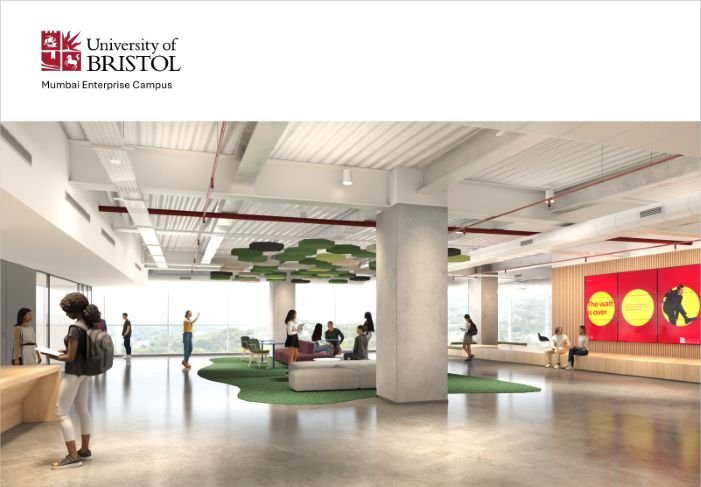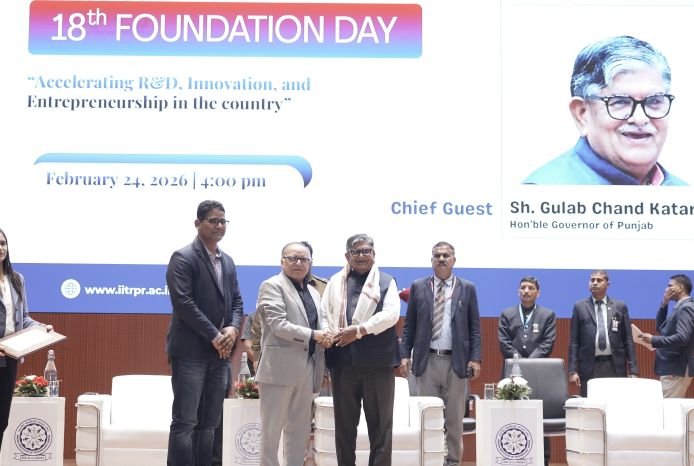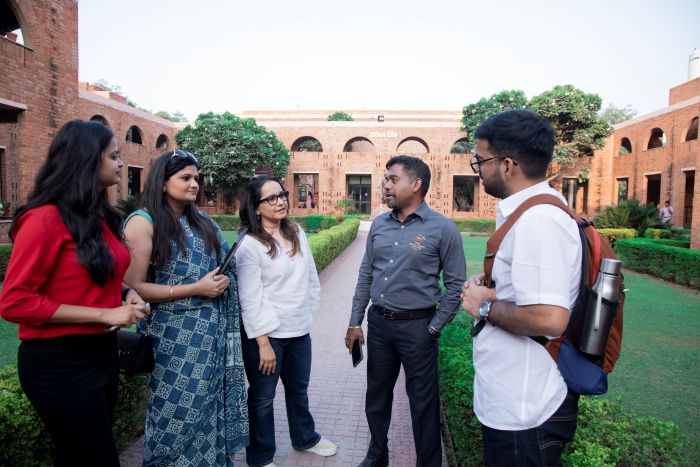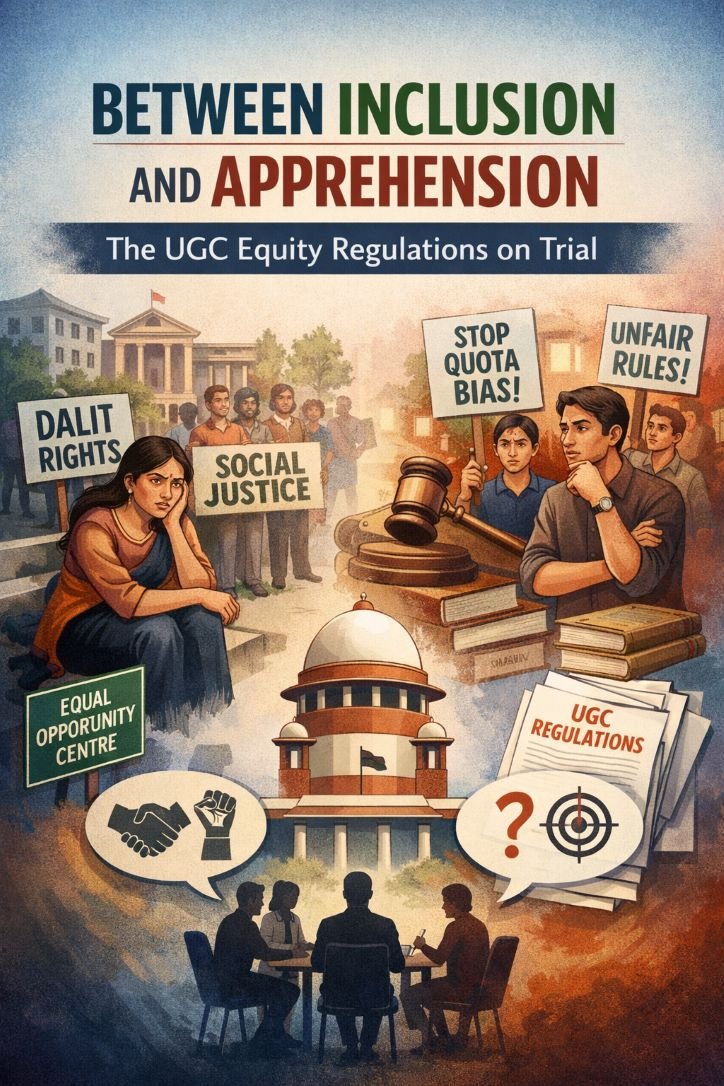
By Autar Nehru
The political tussle between the ruling Bharatiya Janta Party (BJP) at the centre and Aam Aadmi Party (AAP) is almost consistent since the later emerging from ‘India against Corruption’ movement became the ruling party in Delhi state since 2015.
After truncating and defeating Congress in Delhi decisively, the AAP, which won the state of Punjab in March this year, a second state, is increasingly being seen as an emerging national challenger to the BJP in coming years. So, the BJP clearly realizing this, loses no opportunity of cornering the Delhi Government to halt the rising popularity of AAP-led government’s ‘successes’ mostly on the issue of improving education and healthcare in Delhi.
The tussle was reignited in the last week of July when Delhi Lokayukta ordered an inquiry by the Delhi Chief Secretary against Education Minister, Manish Sisodia in an alleged additional school classrooms construction scam. The complaint has been made by former Delhi BJP chief and sitting MP, Manoj Tiwari in July 2019. He had alleged that the additional classrooms in Delhi government schools which could be constructed at a cost of Rs 5 lakh were constructed at Rs 25-28 lakh per classroom and therefore there was corruption to the tone of Rs 2000 Cr. “When I, along with Pravesh Sahib Singh (also a BJP MP from Delhi) and others raised objections, Manish Sisodia (minister) filed a defamation case against us,” said Tiwari in a statement. The Delhi Government has denied the allegation as baseless. Lokayukta will hear the case further on October 20. About 20,000 classrooms were built since AAP assumed office.
Only a few months ago, in April this year, the National Commission on Protection of Child Rights (NCPCR) had said that from a total of 1,027 schools under the Department of Education under the Government of NCT, only 203 have a headmaster or acting headmaster. Before this NCPCR also ‘scuttled’ the ‘Desk ke mentor’ scheme announced in 2020 by Delhi government during pandemic.
So, the BJP like using central investigation agencies against opposition political leaders as is being widely perceived is also seen using constitutional controlling mechanism including institutions like the office of LG, Lokayukta, NCPCR and MHA to punch holes in AAP-led government schemes and governance.
Meanwhile, Delhi government which celebrated four anniversary of Happiness Curriculum in its schools on July 23 as a fest, also invited delegations of teachers and officials from Punjab to join the celebrations in a bid to amplify the success of this particular course, which has turned heads globally. The occasion was also to reinforce its narrative. Speaking on the occasion Chief Minister Arvind Kejriwal laid three politically loaded parameters of Delhi’s education model— students graduating being good human beings, deeply patriotic and employable. Education Minister added that Delhi education model which began with makeover of government schools from cobweb hanging dilapidated buildings to modern structures and facilities and showed good results in which even migrant children of menial workers excelled and entered into elite HEIs, is on course to make education scientifically an instrument of serving humanity and realize potential of individual student. This year Delhi government allotted ₹16,278 crore to education sector which is 22% of the total budget of the state and highest among states in the country. It has also created 25000 seats in higher education through setting up of five specialized universities including a skill, sports and teachers university.
But the arithmetic is not that simple. Several educationists, activists and experts are refusing to take the AAP claims on its face value and say much of what is being dished out by the AAP ministers and spokespersons is hype than real transformation. According to R C Jain, president of the Delhi State Public Schools Management Association, of all those students who are promoted to class IX, only 50% reach class XII under an unwritten policy of this government. “Those who fail in class IX are asked to leave and enrol in NIOS (National Institute of Open Schooling). This filter is again repeated for failures of class X. So, what have they achieved, taking children out of school system?” he questions. He further adds that as per information with him through RTI, he knows more than a 100 schools where the PTR is far more than prescribed 40 to even more than 100 in some cases.
Also, the recent CBSE results, which saw a decline of 3.89% over past year in class 12 from 99.96% in 2021 (based on promotion formula due to pandemic as examinations couldn’t be held) to 96.01% this year, is also being used as an ammunition against the AAP by bits critics. The class 10 results have dropped to 81.27% from 99.04%. AAP leaders have been highlighting turnaround of its 1030 government schools by providing increased pass percentages as evidence to this effect, which is being questioned by its critics now.
Many an independent observers, who want to stay anonymous, say that given the political ambitions of AAP leaders and their clear focus on expansion, a lot of things are done to play to the gallery and are therefore media events. The heavy spend on advertisements by Delhi government which has gone from Rs 11.18 Cr in 2012-13 to Rs 488.97 Cr in 2021-22 gives credence to these notions as national TV channels are used as advertorial mediums. Business Blasters program started last (2021) November is essentially a sponsored TV program.
There are hits and misses but will take more time before these can be authenticated. If Buniyaad and Pragati reading and numeracy literacy initiatives (started in 2015-16) were the starting buzzes, these have been forgotten and have been followed up by Happiness Curriculum (2018), Entrepreneurship Curriculum (2019) and Desk Bakhti curriculum (2021). Likewise, creation of schools of excellence in 2018 was again a big announcement but isn’t scaled up. Rajkiya Pratibha Vikas Vidyalaya (RPVV) schools, which were one of the most successful models for gifted students from class VI to XII of poor sections, were replaced with schools of specialized excellence in 2021 and started from class IX. The decision may not be viewed kindly when researchers will tackle it. ‘Desk ke mentor’ announced in 2020 was a clear miss after NCPCR raised child safety questions. State board announced in March 2021, is yet to take off.
While some serious allegations of corruption will be contested in coming months, an opinion is emerging that AAP is using education more as a hype to catch public and media attention than sincerely be the change that education needs. There is unsubstantiated money siphoning inferences also doing rounds through involvement of third party partners.
The bottomline is though AAP has done well to bring political focus on education, still the way it has disregarded processes and involvement of educationists of repute into this transformation and moved goalposts of this journey, doesn’t serve a real and sustainable change. Delhi government school system was thoroughly exposed as inept during covid and like this there are several pointers, which need to be researched for evaluation of ‘Delhi Education Model.’ And for BJP, it needs to learn and apply lessons to its own governments and municipalities.








